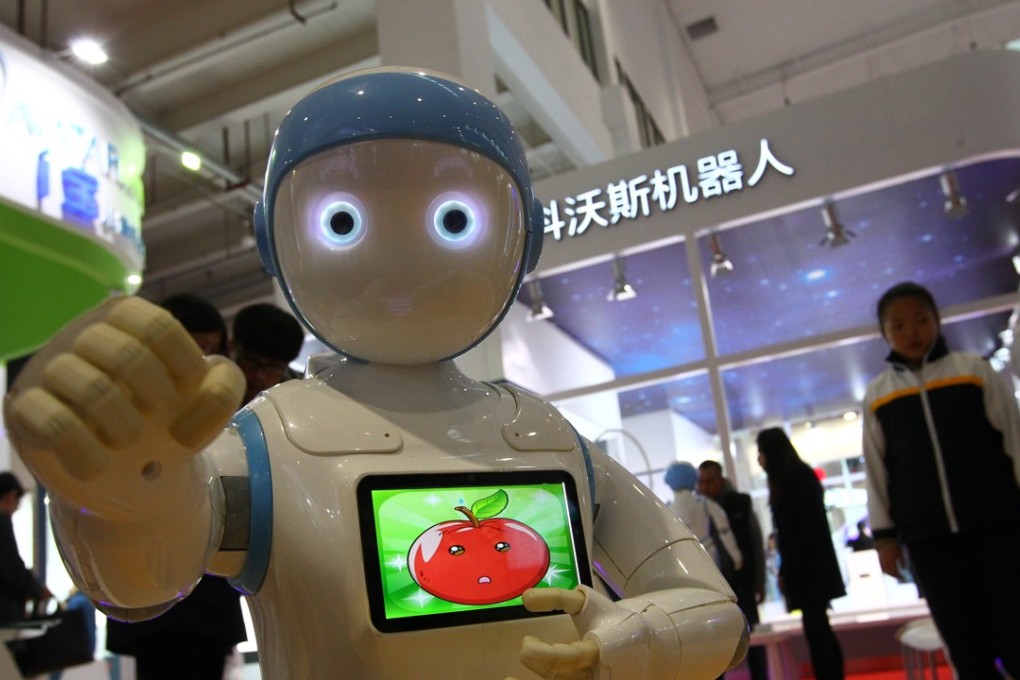Inside the AI revolution that’s reshaping Chinese society
Artificial intelligence, once a novelty, is now being applied in everyday life. From academia to business, government and the military, ambitious China is betting big on AI, raising US suspicions yet offering opportunities for collaboration

Seven-year-old Chen Jiahao has a problem sum he can’t solve and he can’t wait to get home from school to pose the question to his all-knowing maths tutor.
His tutor is amazing, the boy says. Just snap a photograph of the question and the tutor will provide every possible approach to solve the problem, step by step – all in a split second.
Jiahao’s tutor is inside his mother’s smartphone. It is, in fact, an app that draws on artificial intelligence (AI) technology to solve challenging maths problems for primary school children.
And it’s just one of many AI-enabled apps Jiahao uses daily on his mother’s phone. When the boy started primary school in Beijing, his teachers recommended that his parents install the apps on their phones. The software give out school assignments, grade pupils’ work and even generate unique sets of exercises for each child based on their areas of weakness.
“Jiahao likes his AI teachers,” said his mother, Yu Ting, adding that her son spends at least two hours on the AI apps every day. “He greets my phone as eagerly as he greets me.”
AI society